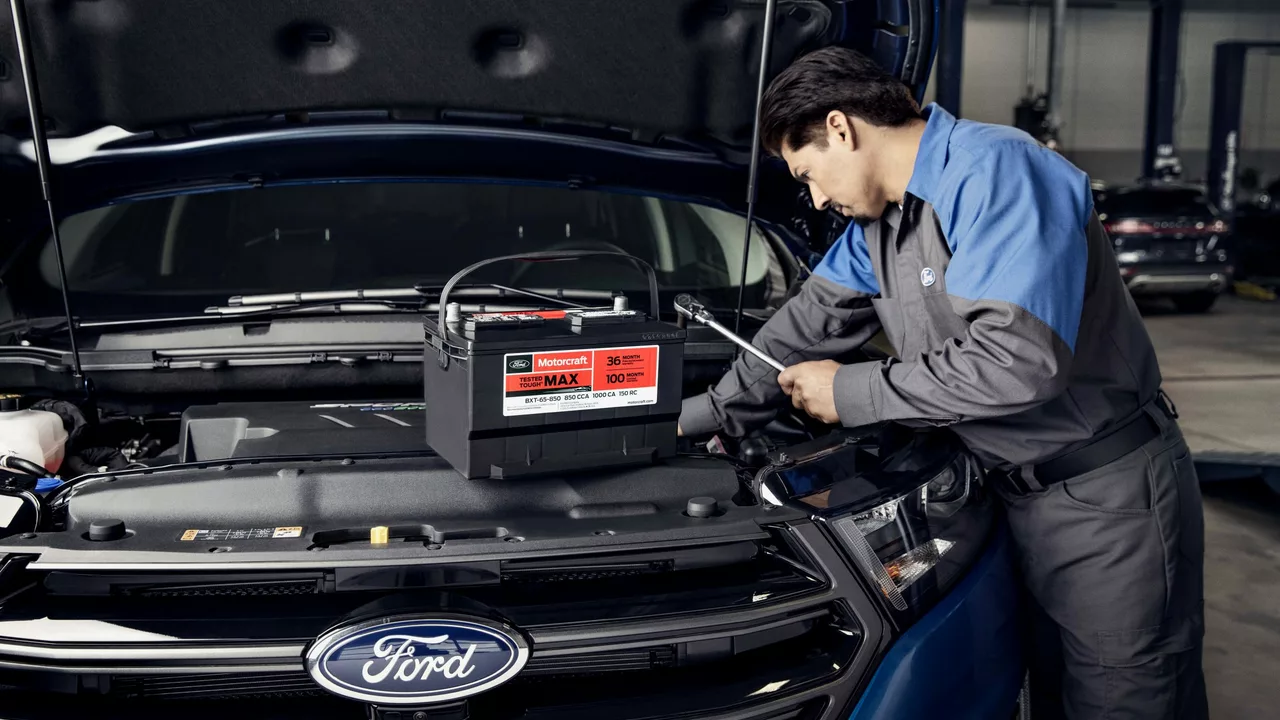Automotive Advice & Tips – Simple, Real‑World Car Care
Welcome to the hub where everyday drivers find quick, useful advice for their rides. Whether you own a brand‑new hatchback or a decade‑old sedan, the tips here work for any car you’ll be behind the wheel of.
Everyday Maintenance Made Easy
The first thing to remember is that a car doesn’t need a mechanic every week – a few simple habits keep it running smooth. Start with an oil check. Pull the dipstick, wipe it clean, re‑insert and pull again. If the level is below the mark, top it up with the right grade. It only takes a minute and saves you from costly engine wear.
Next, look at your tires. Under‑inflated wheels wear unevenly and lower fuel efficiency. Grab a portable gauge or swing by a service station and make sure each tire matches the pressure listed on the driver’s door jamb. While you’re there, give them a once‑over for any cuts, bulges, or low tread.
The battery is another silent partner. Cold weather or long periods of inactivity can sap its charge. If you plan to leave the car idle for more than a few days, consider a trickle charger or simply start the engine for a few minutes every 48‑hours. That short run circulates fluid and keeps the cells happy.
Common Questions Answered
One question we hear a lot is, “Is it bad to not start my car for a week?” The short answer: for most modern cars, a week of rest isn’t a big deal. The engine oil stays where it belongs, and the battery will hold enough charge to start when you’re ready.
However, a few factors can turn a harmless week into a problem. Older batteries lose charge faster, especially in cold climates. If your battery is more than three years old, give the car a short run every couple of days. Also, if you store the car in a damp place, watch for flat spots on the tires. Moving the car a short distance before you drive it off can smooth those out.
Long‑term parking brings other issues too. Fuel can start to degrade after several months, leading to rough running. Adding a fuel stabilizer before a long storage period helps keep the gasoline fresh. And don’t forget to clean the interior and cover the car if it’s sitting outdoors – sunlight can fade plastics and rust can form on exposed metal.
Quick checklist for a week‑long pause:
- Start the engine for 3‑5 minutes, twice during the week.
- Check battery voltage if you have a meter (12.6 V is healthy).
- Ensure tires are properly inflated.
- Keep the fuel tank at least half full.
Follow these steps and the car will be ready to roll when you are.
In the end, car care isn’t about fancy tools or expensive services. It’s about a few easy habits that anyone can fit into a busy schedule. Keep checking, keep moving, and you’ll avoid most surprises on the road.
Is it bad to not start your car for a week?
- Thomas O'Reilly
- Jul 22 2023
- 0 Comments
In exploring whether it's bad to not start your car for a week, I found it's generally not harmful. However, it can depend on factors like your car's age and battery health. Older vehicles or those with weaker batteries might have trouble starting after being idle for a week. Long periods of inactivity can also cause other issues, like tire flat spots. But for most modern cars, a week of no use shouldn't cause significant problems.
View More